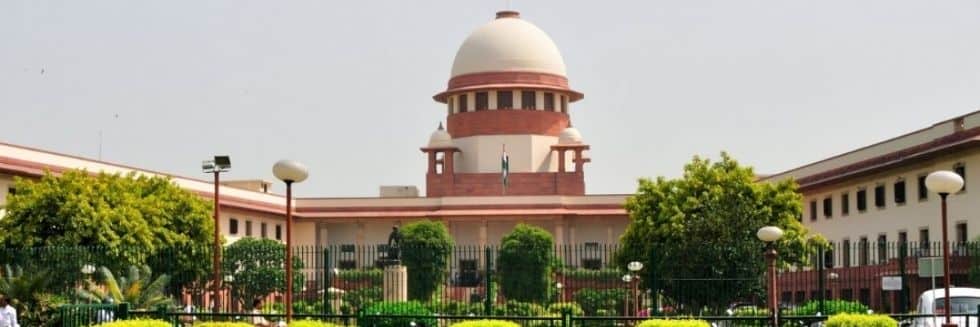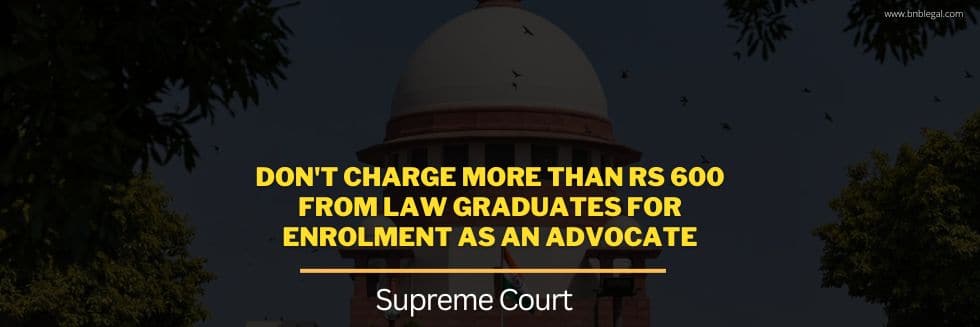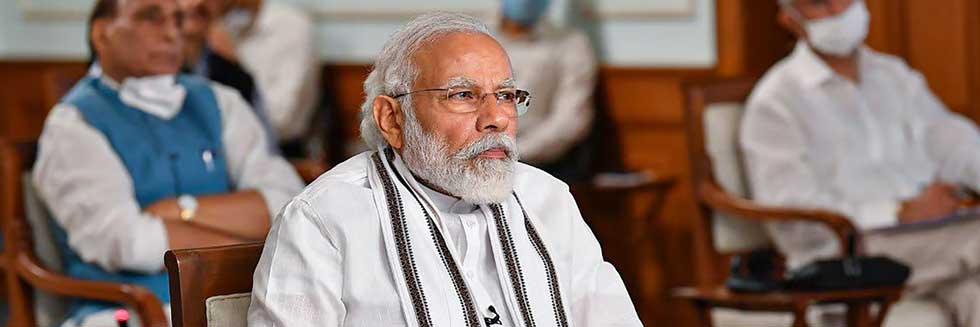Recently, the top court has held that the parties who agree privately to settle their dispute outside the modes contemplated under Section 89 of the Code of Civil Procedure are also entitled to a refund of their court fees.
The bench comprising of Justices Mohan M Shantanagoudar and Vineet Saran had turned down an appeal filed by Madras High Court against its own decision directing refund of court fees to litigants.
“The participants in private settlements will be entitled to the same benefits as those who have been referred to explore alternate dispute settlement methods under Section 89 CPC,” stated the bench while citing that Section 89 should be interpreted liberally in a manner that would serve its object and purpose.
Background
The case arose out of a dispute between the two parties with respect to a hire purchase agreement. After going through Munsif and District Courts, the case reached the High Court where it was pending when the parties entered into a private out-of-court settlement without any intervention from court, thus resolving the controversy between them.
Respondent no 1. who had filed the appeal before the High Court applied to withdraw the same, which was allowed.
However, the Registry orally refused the respondent’s request for a refund of court fees.
The respondent moved the Madras High Court challenging the same. The High Court by a judgment dated 8 January 2020 ruled against its own registry and allowed the plea.
The Madras High Court then approached the Apex Court challenging the High Court judgment which held that Section 89 of the CPC, and Section 69A of the Tamil Nadu Court Fees and Suit Valuation Act 1955, would cover all methods of out of court dispute settlement between parties that the Court subsequently finds to have been legally arrived at.
In the present case, while the appeals were still pending consideration before the High Court, the parties entered into a private out of court settlement, thus resolving the controversy between them. The High Court Registry refused the request for refund of court fees, on the ground that such refund is not authorized by the relevant rules.
The High Court (administration) contended before the Apex Court that Section 69A of the 1955 Act only contemplates refund of court fees in those cases where the Court itself refers the parties to any of the alternative dispute settlement mechanisms listed in Section 89 of the CPC. That it does not apply to circumstances where the parties, without any reference by the Court, privately agreed to settle their dispute outside the modes contemplated under Section 89 of the CPC.
Supreme Court’s ruling
After hearing the contentions made by the High Court, the top court observed that “this contention, if accepted, would lead to an absurd and unjust outcome, where two classes of parties who are equally facilitating the object and purpose of the aforesaid provisions are treated differentially, with one class being deprived of the benefit of Section 69A of the 1955 Act.”
“The purpose of Section 89 crystal clear – to facilitate private settlements, and enable lightening of the overcrowded docket of the Indian judiciary. This purpose, being sacrosanct and imperative for the effecting of timely justice in Indian courts, also informs Section 69A of the 1955 Act, which further encourages settlements by providing for refund of court fee,” the Court opined.
“The narrow interpretation of Section 89 of the Civil Procedure Code and Section 69A of the 1955 Act sought to be imposed by the Petitioner would lead to an outcome wherein parties who are referred to a Mediation Centre or other centers by the Court will be entitled to a full refund of their court fee; whilst parties who similarly save the Court’s time and resources by privately settling their dispute themselves will be deprived of the same benefit, simply because they did not require the Court’s interference to seek a settlement,” the top court bench noted.
“Such an interpretation, in our opinion, clearly leads to an absurd and unjust outcome, where two classes of parties who are equally facilitating the object and purpose of the aforesaid provisions are treated differentially, with one class being deprived of the benefit of Section 69A of the 1955 Act. A literal or technical interpretation, in this background, would only lead to injustice and render the purpose of the provisions nugatory – and thus, needs to be departed from, in favor of a purposive interpretation of the provisions,” it added.
Therefore, the top Court upheld the High Court judgment and went on to dismiss the appeal.






